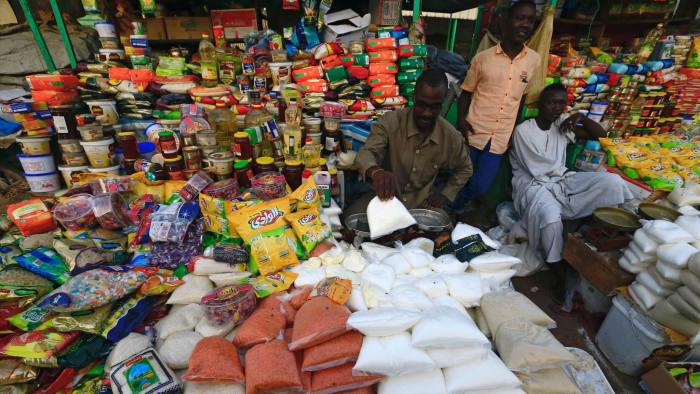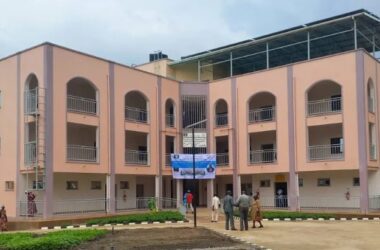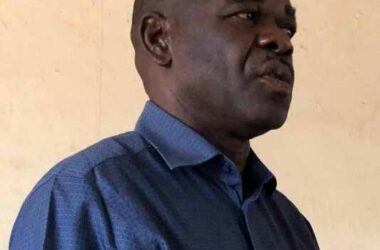
By Ephraim Modi D.S
South Sudanese are decrying the skyrocketing prices of basic commodities like the food items, and fuel, due to a deteriorating economic situation as a result of hyperinflation.
South Sudan is a landlocked country that depends on essential imported goods from the neighbouring Uganda, Kenya and Sudan.
Talia Fisher known by her music name, a food vendor at Munuki Block C area, said the hike in market commodity prices has negatively impacted businesses amid local currency devaluation.
“The dollar exchange rate has reduced but none of the things in the market has reduced, there is even no sign of effort of the downfall of dollars on the commodity rates that is even still climbing ladder,” Talia said.
She further said that the hike of commodity prices has badly affected them as business people as she has lost most of her customers who used to eat at her restaurant.
Fisher cited a scenario of which she was charged a fine of 100,000 SSP for an expiry of a medical card which they wrongly indicated the validity of the card.
The singer also expounded that she ventured into business to be able to manage her music career since there is absolutely little money got from the music industry.
“Of course, I have to work hard in this world we are living in, music needs money, more especially in this country of ours where people are still backward in terms of entertainment,” she hinted.
She reiterated that citizens in the country are really suffering, while urging the government to come down and pay their concern to the ordinary different classes of people.
Another retailer who doubles as an artist whose identity is withheld by No.1 Citizen Daily Newspaper on personal request echoed that local businesses in the country are being ignored by the government due to inflation.
“Business itself is facing a lot of challenges in the country and in terms of trading due to the changes in the forex,” he said.
He as well reiterated that the worse part of it is that the government policy of classification of charges for businesses like the local business which are charged deeply high, loosely calculated.
“The taxes they levy on the businesses are not well calculated, sometimes they use assumptions from a bigger business to charge a small growing business,” he emphasized.
He added that different and many departments of the government go around charging them and they would have no way to resist.
South Sudan procurement policy does not protect local companies, because local businesses have for long been complaining about competing with international companies for a small business.
He further explained that the crisis has also affected him more in the music industry since fans cannot effort to pay to watch them perform.
He has appealed to the government to really look into the matter and address them as soon as possible.
In a statement of its policy for the year, the Central Bank said that ‘annual headline inflation’ was 13.2% in December 2021, down from 58% in December 2020. The central bank said it was targeting 8% inflation, with a tolerance of 1% either way, and would lower the policy rate from 15% to 12% for 2022.



